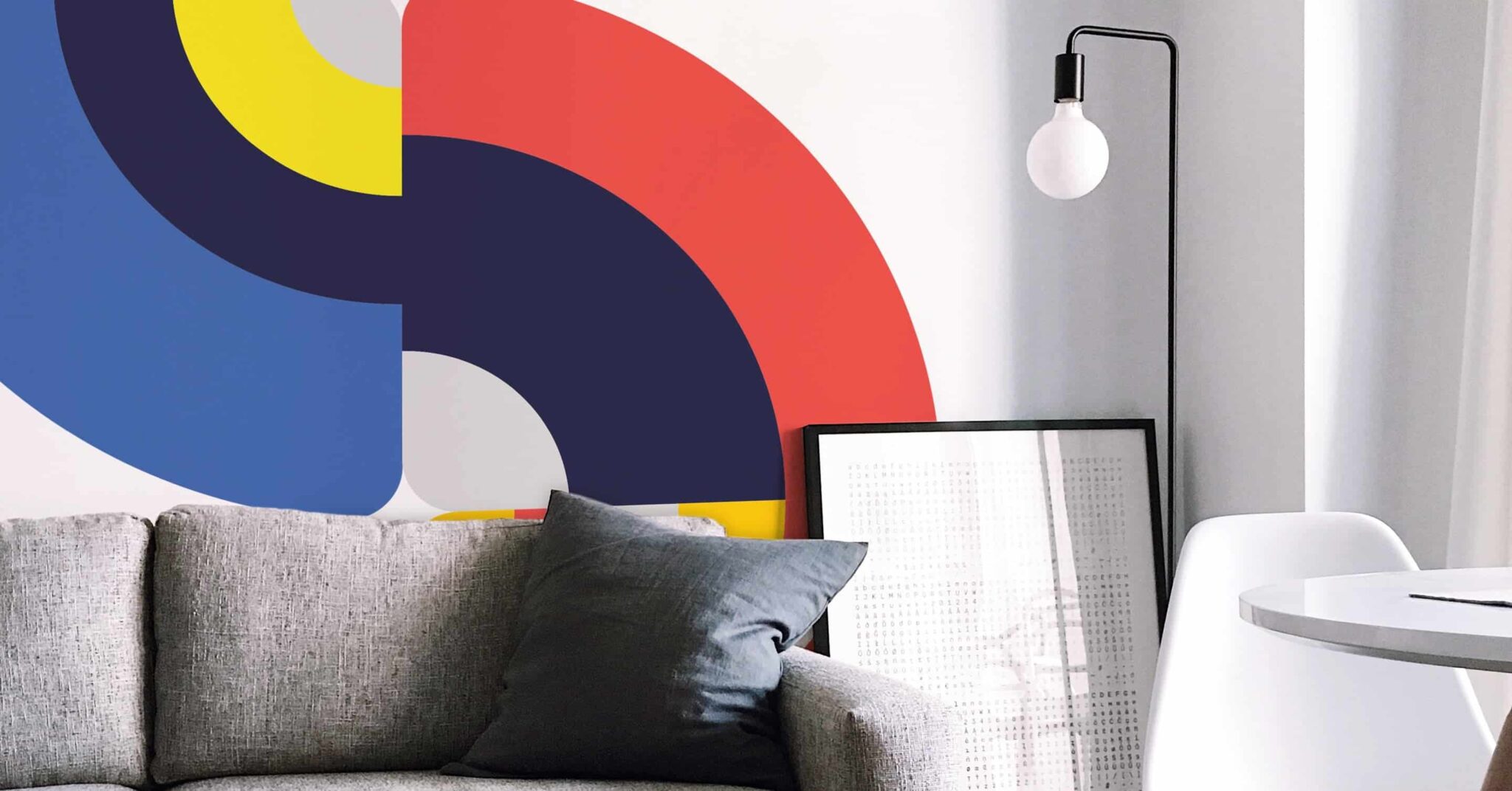Is It Better to Buy or Rent in Canada?

Table of contents
Deciding whether to buy or rent a home in Canada is a significant financial and lifestyle choice that depends on various personal preferences and market conditions. Both options offer advantages and disadvantages, which should be carefully evaluated to determine the best fit for your situation.
Renting may be right for those who prefer flexibility or lower upfront costs, while buying may be right for those who prefer stability and have a down payment available. When determining which is right for you, you must consider your finances, lifestyle, and the state of your area’s housing and rental markets.
Key Takeaways
- Homeownership builds equity but requires higher upfront costs.
- Renting has lower upfront costs but lacks stability.
- The 5% rule helps compare unrecoverable costs of buying versus renting, offering a simplified cost-savings analysis between the two shelter options.
Pros and Cons of Buying
Buying is a significant investment that can provide stable housing and allow you to build equity. Homeownership in Canada is commonly used as a wealth-building strategy, with the median net worth of homeowners in Canada far surpassing that of renters. However, homeownership isn’t always for everyone, so weighing the pros and cons of becoming a homeowner is important to determine if this option is right for you.
Pros
- Build Equity: Buying allows you to build equity over time as you pay off your mortgage. This equity can be leveraged to consolidate debt, fund renovations, pay for education, upsize to a larger home as your family grows, or any other financial goals you may have.
- Stability: Owning a home provides a sense of stability. It provides a permanent living space and the freedom to personalize it without worry of eviction or landlord restrictions.
- Stable Payments: Since mortgage terms are typically longer than a year, your payments will remain stable for longer, especially if you choose a fixed rate. Choosing a fixed-rate mortgage will mean you know exactly how much you will pay over your mortgage term and won’t need to worry about rent increasing each year.
- Potential Appreciation: Real estate has historically appreciated over time, providing a stable investment opportunity for buyers. In the future, when you decide to sell, you will realize a capital gain when selling for a higher price than what you paid. Principal residences are exempt from capital gains tax, making your home essentially a tax-free investment (not including property taxes paid while you own the home).
-
Potential for Rental Income: You may be able to generate rental income by converting your basement into a legal rental suite, adding a laneway suite, or renting out your entire property instead of selling if it no longer suits your needs.
Cons
- High Upfront Costs: Before purchasing, you must have significant savings to cover the upfront costs of homeownership. This includes enough for a down payment (typically 5% to 20% of the purchase price) and closing costs (up to 4% of the purchase price).
- Ongoing Costs: In addition to the upfront costs of homeownership, you will need to budget for ongoing costs in addition to your mortgage, like property taxes, insurance, and, if applicable, monthly maintenance fees if you purchase a condo.
- Increased Payments: If interest rates increase, your mortgage payments could increase significantly. If you have a fixed-rate mortgage, you won’t need to worry about your mortgage payments increasing until renewal. However, if you have a variable mortgage, your payments could increase as soon as rates change (adjustable-rate mortgage), or the proportion of your payment going toward your principal could change (variable-rate mortgage).
- Maintenance and Repair Costs: As a homeowner, you are responsible for all regular maintenance costs and surprise repairs. These costs range from general upkeep and minor expenses to unpredictable and costly repairs.
- Market Risks: The real estate market can fluctuate, so there is no guarantee that your property will increase in value significantly by the time you’re ready to sell or access equity. Any economic downturn has the potential to impact the value of your investment. Since owning a home is typically your largest investment, this could considerably impact your finances.
Pros and Cons of Renting
Renting requires less upfront costs, typically just the first month’s rent and last month’s deposit depending on where you reside, and can offer greater flexibility for those not yet ready to settle down. Renting allows you to relocate or make more spontaneous decisions without the complexities of selling or renting out a property. However, renting may not be for everyone, so weighing the pros and cons can help determine if this option is right for you.
Pros
- Flexibility: Renting allows greater flexibility, making it easier to relocate for a new job opportunity, travel the world, or try living in a new location without long-term commitments. This allows you to try something new without locking yourself into a specific neighbourhood, city, province, or country.
- Short-term Commitment: Renting allows you to choose the length of time you want to stay committed to a space. You can choose a short-term rental, which could range from as little as a month to longer-term rentals of a year or more.
- Lower Upfront Costs: Depending on the location, renting requires a deposit of the first and last month’s rent at most. This is significantly lower than you require to purchase, making renting much cheaper in the short term. Renting is the more affordable option for many households with lower incomes or who don’t want to invest their life savings in a property.
- Less Maintenance and Repairs: You are not responsible for general maintenance or repairs as a tenant. This responsibility falls to your landlord or property management company, saving you money. Typically, you are only responsible for small maintenance items like changing lightbulbs and covering any repairs to damage you have directly caused to the property outside of general wear and tear.
Cons
- Lack of Stability: As a renter, you have little control over your living situation. If the landlord has followed all proper procedures in their jurisdiction, you could be forced to move before you are ready. If you live in an area without rent controls, your landlord could raise rent significantly and price you out of your home.
- No Equity Building: Paying rent doesn’t contribute to building equity or ownership, meaning you won’t benefit from potential property appreciation. In most cases, you are contributing to paying off your landlord’s mortgage rather than building wealth for yourself.
- Potential Rent Increases: Landlords are typically allowed to increase rent over time, usually once a year. This can impact your budget and financial planning. Depending on where you live, you may not have any rules around maximum rent increases, meaning your landlord could increase rent by as much as they wish.
- Limited Control: As a renter, you typically face restrictions on what you can and cannot do to alter or customize your space.
Home buying without the stress.
Start your mortgage application today
The 5% Rule
The 5% rule is an oversimplified calculation that compares renting and buying. If you’re stuck on which option to choose, this can help you make a more accurate comparison and determine which option makes the most financial sense. It compares unrecoverable costs, which are expenses that don’t generate a return or build equity.
As a renter, unrecoverable costs are your rent since you pay for a place to live, but that payment doesn’t build equity, and you receive no financial return on your rent amount. As a buyer, unrecoverable costs are the unrecoverable parts of homeownership that many owners don’t account for when comparing their options. These include property taxes, maintenance, and capital costs.
The costs that make up the 5% rule are broken down as follows: property taxes are estimated at 1% of the property’s value annually. Maintenance costs are estimated at 1% of the property’s value annually. Capital costs are estimated at 3% of the property’s value annually and represent the opportunity costs of choosing to invest your money in property over investing elsewhere, like the stock market.
To calculate and compare if buying or renting is the better option:
- Multiply the property value by 5% to determine the annual unrecoverable cost.
- Divide the annual unrecoverable cost by 12 to get the monthly amount.
- Compare this amount to the monthly cost of renting a similar property to determine which option makes better financial sense.
For example, if you are looking at a property with a purchase price of $500,000 but could rent a comparable property for $2,500, you can use the 5% rule to compare whether renting or buying makes the most sense.
Renting unrecoverable costs: $2,500
Buying unrecoverable costs: $500,000 x 5% = $25,000 / 12 = $2,083.33
In this example, buying would be the most financially beneficial option unless you could rent a comparable property for less than $2083.33 a month.
Frequently Asked Questions
Is renting always cheaper than buying in Canada?
Renting isn’t always cheaper than buying in Canada. While renting has a lower upfront cost that can make it more affordable in the short term, you could be missing out on long-term financial gains from owning and building equity.
How does the Canadian housing market impact the decision to buy or rent?
The state of the housing market can significantly influence the decision to buy or rent. In higher cost-of-living areas, purchasing a home may not be feasible when the down payment requirement and ongoing costs are high, making renting more advantageous. In some areas, lower home prices make purchasing more appealing, especially when interest rates are lower.
What are the long-term financial benefits of buying a home in Canada?
Homeownership can lead to long-term financial benefits, such as building equity through property value appreciation. However, these benefits depend on factors like the time you have owned the home and market conditions.
Final Thoughts
Deciding whether to buy or rent in Canada is a complex decision with no one-size-fits-all answer. To determine which option best aligns with your lifestyle and financial objectives, thoroughly analyze your finances, short- and long-term goals, and current housing market conditions.
Ready to explore your mortgage options or discuss whether buying is best for you? Contact nesto mortgage experts today for personalized guidance and find the right path to your housing goals.
Ready to get started?
In just a few clicks, you can see our current rates. Then apply for your mortgage online in minutes!















